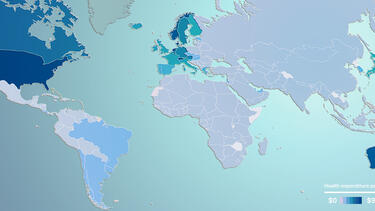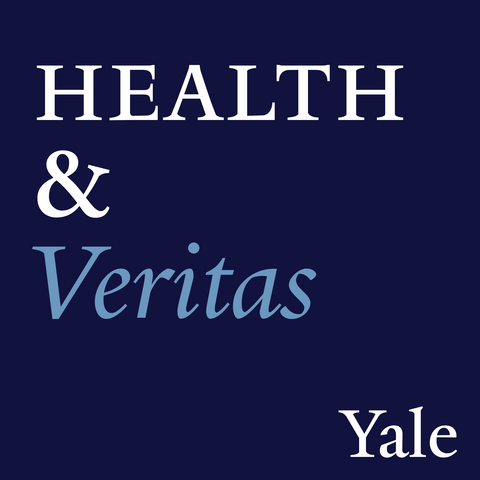Healthcare
Can a Clinic Comply with Trump’s Executive Orders Without Leaving Patients Behind?
For more than 50 years, New Haven’s Fair Haven Community Health Care has provided care to immigrants and other vulnerable populations. We talked with CEO Suzanne Lagarde ’14 about how the organization is grappling with federal executive orders and budget cuts that threaten its mission.

Three Questions: Prof. Marissa King on How the Opioid Epidemic Spreads
We asked Yale SOM’s Marissa King, an expert in social networks who has studied the spread of drug addiction, what is driving the opioid crisis and how it can be addressed.

What’s at Stake in the Healthcare Debate?
Yale Insights talked to Howard Forman, a Yale physician and economist, about the consequences of Congress passing a repeal of the Affordable Care Act—and what might happen if nothing passes.
Is Big Data Bigger than Its Own Hype?
Big data alone will not solve a single problem but combined with smart questions and effective tools it could launch a new age of discovery.

Seniors Aren’t Learning to Choose Better Prescription Insurance Plans
Seniors picking prescription plans through Medicare Part D often aren’t choosing the plans that offer the best value.
Where are the Opportunities for Investment in Healthcare?
Dr. Stephen Knight ’90, president and managing partner of the healthcare-focused venture capital firm F-Prime Capital Partners, talks to Yale Insights about how the company evaluates startups—and why launching a company yourself is sometimes the most profitable route.

Surprise Bills after ER Visits Are Surprisingly Common
When patients go to an emergency room within their insurance network, they often get unexpectedly large bills because a treating physician is out of network, Yale research finds.

Is Obamacare in Trouble?
Three major insurers have pulled out of the Affordable Care Act's healthcare exchanges, prompting concerns about the exchanges’ long-term sustainability. Yale’s Fiona Scott Morton and Howard Forman discuss the state of Obamacare and what it needs to thrive.

Why Is Healthcare So Expensive?
Yale’s Zack Cooper discusses new findings on what drives the high costs of healthcare and how to rein them in.

Can a Hospital Be a Global Citizen?
Dr. Michael Apkon ’02, president and CEO of Toronto’s Hospital for Sick Children, on his role and the hospital’s global approach.

Can Technology Help Transform Healthcare?
Christopher Ross ’88, chief information officer for Mayo Clinic, discusses trends in the industry and how Mayo is revamping its own technology.

